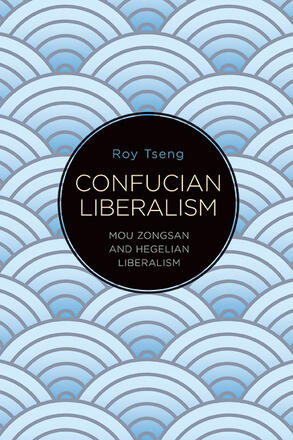
Confucian Liberalism
Mou Zongsan and Hegelian Liberalism
Alternative formats available from:
Offers a renovated form of Confucian liberalism that forges a reconciliation between the two extremes of anti-Confucian liberalism and anti-liberal Confucianism.
Description
Does Confucianism conflict with liberalism? Confucian Liberalism sheds new light on this long-standing debate entwined with the discourse of Chinese modernity. Focusing on the legacy of Mou Zongsan, the book significantly recasts the moral character and political ideal of Confucianism, accompanied by a Hegelian retreatment of the multiple facets of Western modernity and its core values, such as individuality, self-realization, democracy, civilized society, citizenship, public good, freedom, and human rights. The book offers a culturally sensitive way of reevaluating liberal language and forges a reconciliation between the two extremes of anti-Confucian liberalism and anti-liberal Confucianism. The result—Confucian liberalism—is akin to civil liberalism, in that it rests the form of liberal democracy on the content of "Confucian democratic civility." It is also comparable to perfectionist liberalism, endorsing a nondominant concept of the common good surrounded by a set of "Confucian governing and civic virtues."
Roy Tseng is Research Fellow and Professor at the Center for Political Thought, Research Center for Humanities and Social Sciences at Academia Sinica in Taiwan. He is the author of The Sceptical Idealist: Michael Oakeshott as a Critic of the Enlightenment.
Reviews
"This is the first book-length treatment in any language to take fully seriously the relationship between Hegel and Mou Zongsan's philosophy. In addition to dramatically improving our understanding of key aspects of Mou's thought, it opens up important new ground for cross-cultural philosophical development and significantly shifts the terrain of contemporary Confucian political philosophy." — Stephen C. Angle, author of Growing Moral: A Confucian Guide to Life